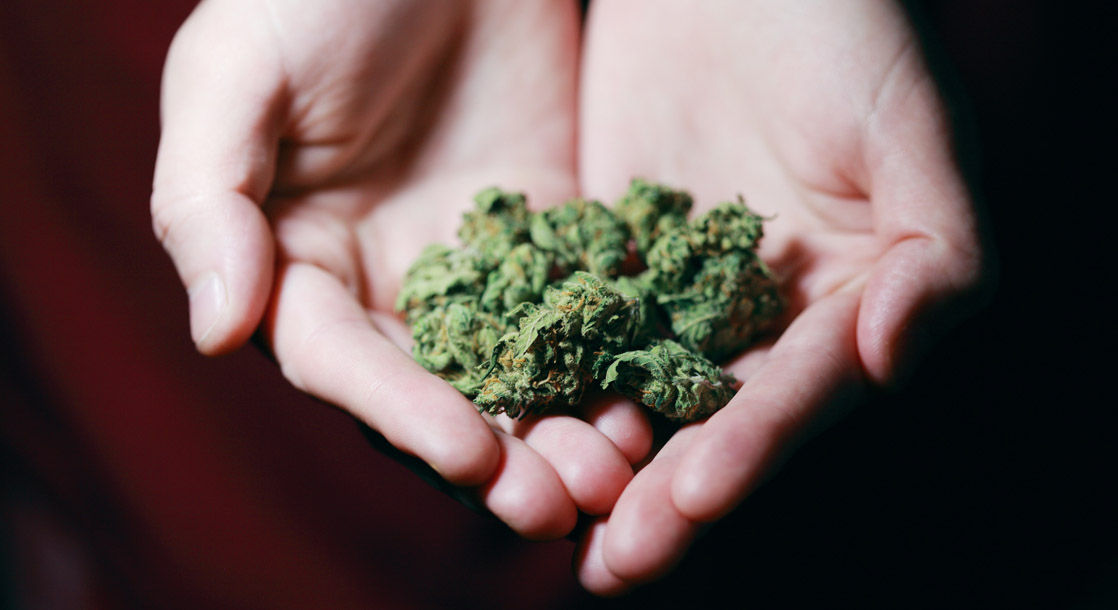Perhaps the most persistent myth about cannabis consumers is that we’re stupid. After all, marijuana can, in some instances, disrupt our memories, our focus, and our ability to think quickly. But a new study offers yet more evidence that weed doesn’t damage our brains, nor does it permanently reduce our cognitive abilities.
The study, published in Drug and Alcohol Dependence, looked at over 800 individual twins from over 400 families. After controlling for variables such as polydrug use and IQ, the researchers concluded that marijuana did not permanently compromise cognitive functioning.
It’s important to note that this latest study was not an IQ assessment, as many other previous studies on weed and intelligence have done. Instead, it looked at “executive functioning,” which is one’s ability to manage mental tasks in a relatively conscious manner.
“I don’t think that IQ can completely explain all cognitive functions, especially executive functions,” the study’s lead author, Jessica Megan Ross, a behavioral genetics post-doctoral student at the University of Colorado-Boulder, told MERRY JANE by phone. “IQ does explain quite a bit of it, but not all of it, especially some of the differences between important variables.”
Why twins? Twin studies are one of the most powerful tools in neuroscience and psychology. In most cognition studies, differences among subjects can be explained by differences in their genes, as genetics play a huge part for our memory formation and ability to solve problems. Since monozygotic, or “identical,” twins essentially share the same genes, genetics shouldn’t affect the study’s results.
So, here’s how the researchers figured it out. First, they got the twins to fill out surveys, which asked them about their weed and other substance use. Second, they collected as much information on the participants, such as their IQ scores (if they had them), then had them take two mental aptitude tests: Raven-S and Weschler tests. Raven-S assessed their non-verbal intelligence scores; Weschler assessed their overall intelligence.
After that, the participants were subjected to several tests which gauged their executive functioning. Executive function is related to intelligence, though it usually describes cognitive behaviors related to conscious thought, like solving puzzles, multitasking, or reacting to certain stimuli. In this study, the researchers honed in on the participants’ abilities to form new memories and “mental shifting,” or “cognitive flexibility,” which is switching from one focused cognitive task to another without warning. Most of these tests were conducted by computer or computer simulation.
Once the researchers compiled the data, they discovered no significant differences among twins who regularly toked weed and their sober siblings. The study did, however, find that twins who began blazing at age 17 showed a slight reduction in executive functioning once they reached their early 20s, but this difference could’ve been due to environmental, economic, or social factors, as well.
“Given our study — and there’ve been a few other twins studies with similar results — it looks like marijuana does not cause deterioration of cognition,” Ross said. “But I would caution adolescents and adults to be careful,” she added, highlighting that many marijuana products boast far higher potencies today than they did in previous years.
Regardless, Ross said that research suggests that any cognitive deficits caused by cannabis consumption are temporary. “We know that if someone stops using, cognition fully recovers after about 30 days,” she said.
Ross and her team noted in their paper that some factors limited their study’s findings. For one, the vast majority of participants (over 90 percent) were white. Participants also did not undergo drug screens to confirm whether or not they consumed marijuana, meaning the researchers relied on self-reported data.
Follow Randy Robinson on Twitter











